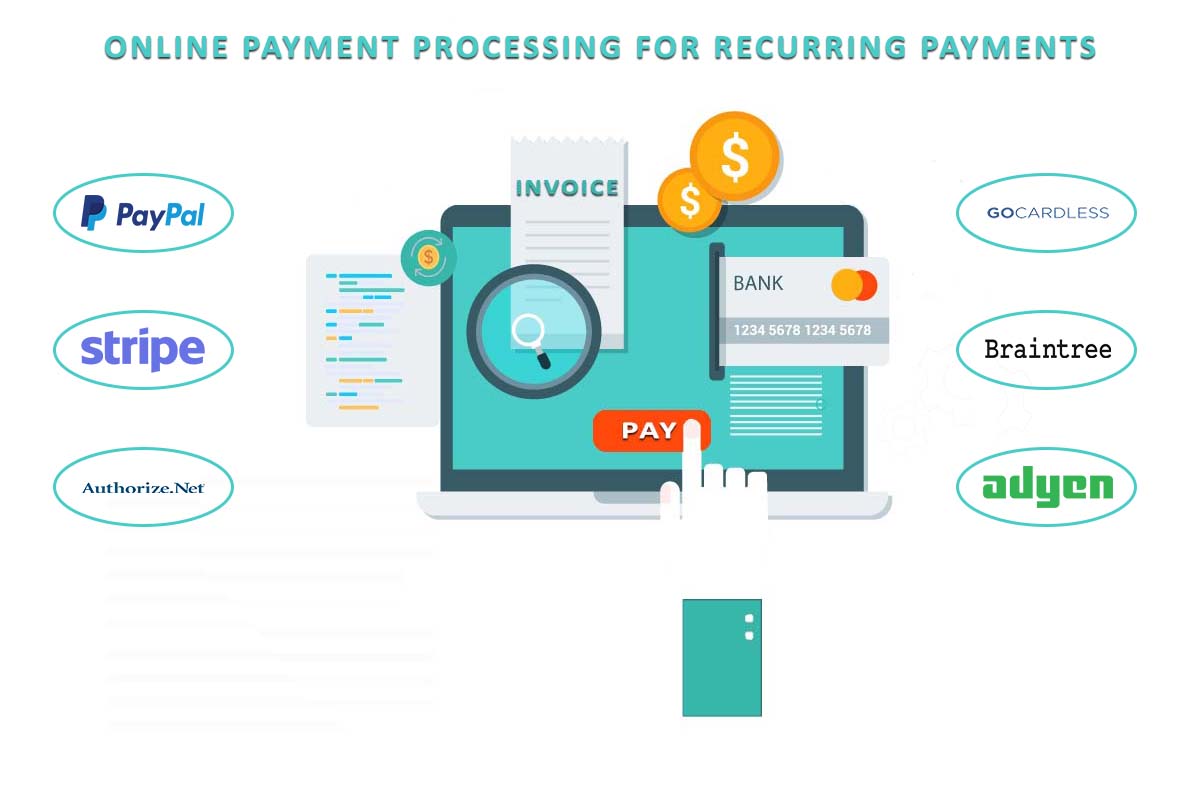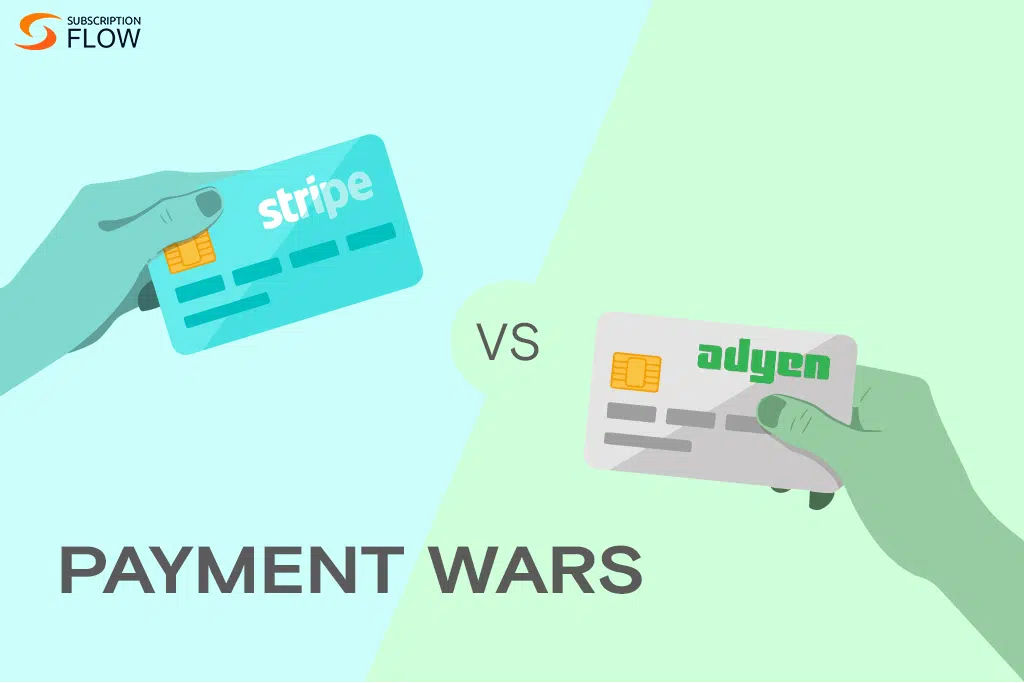
Choosing: Payment Facilitator vs. Merchant of Record for Biz
The success of your business can be greatly impacted by your choice of payment processing model in the dynamic world of eCommerce and online business. To simplify the intricacies of payment processing, two well-known solutions have surfaced: Payment Facilitators (PayFacs) and Merchants of Record (MoRs). Business owners and entrepreneurs must comprehend the subtleties and distinctions between these two models if they want to maximise revenue and reduce operational hassles.
Your guidance in choosing between a Merchant of Record and a Payment Facilitator is provided by this article. We will examine the unique benefits and drawbacks of each, keeping in mind the particular requirements and conditions of your company. Whether you’re an established business seeking compliance and scalability, or a startup searching for a simple way to accept payments, this article will provide you with the information you need to make an informed choice.
Understanding Payfac vs Merchant of Record
Payment Facilitators (Payfacs) and Merchants of Record (MoRs) are two different ways to process payments. Payfacs, which are frequently chosen by startups and smaller companies, make the onboarding process easier for merchants and enable them to begin receiving payments swiftly and painlessly. As the primary merchant for payment processing, MoRs, on the other hand, assume all liability for compliance, risk management, and chargeback handling. Payfacs are quick and simple to use, but MoRs offer full services and regulatory compliance. Several considerations, including industry, size of business, risk tolerance, and long-term growth objectives, will determine which one to choose.
Factors to Consider When Choosing
When choosing between a Payment Facilitator (Payfac) and a Merchant of Record (MoR) for your business, several key factors should be carefully considered:
1. Business Size & Growth
The size and growth trajectory of your business play an important role. PayFacs are often more suitable for SMEs seeking a quick and straightforward setup. MoRs are better to handle the multifaceted needs of larger enterprises with large transaction volumes.
2. Industry & Compliance Requirements
Some industries, e.g. healthcare or finance, have strict monitoring requirements. MoRs typically proffer greater support for navigating these compliance challenges. PayFacs may be a better choice for businesses in less regulated areas.
3. Risk Tolerance
When talking about Payment Facilitator vs Merchant of Record, PayFacs typically share the risk among their sub-merchants, making it easier for smaller businesses to get started. MoRs take on more risk themselves, which can be advantageous but might come with stricter risk management practices.
4. Transaction Volume and Scaling
Consider your predictable transaction volume and growth plans. PayFacs can be a money-making choice for companies with modest transaction volumes, while MoRs are comparatively better suited for high-volume companies with scalability in mind.
5. Payment Flexibility
PayFacs may have boundaries on the types of payments they can accept or the geographic locations they can serve. MoRs often offer more flexibility in this regard, which is important if your business targets a global audience or diverse payment methods.
6. Control & Customization
Payfacs may proffer limited customization options, while MoRs permit more control over the payment experience, branding, and customer data. Just consider how much control you want over these aspects.
Regulatory & Compliance Considerations
Regulatory and compliance considerations are crucial when choosing between a Payment Facilitator (PayFac) and a Merchant of Record (MoR). PayFacs often bring compliance responsibilities onto sub-merchants. This can be of help for businesses in terms of reduced administrative burden, but it requires a careful selection process to guarantee sub-merchants are compliant.
On the flip side, MoRs typically assume a more important role in regulatory compliance, making them a lucrative option for businesses operating in highly regulated industries. MoRs handle compliance obligations straight, providing ease for businesses looking to preserve strict observance of industry guidelines and standards. The choice between the two models should align with your readiness and capacity to manage compliance requirements in your specific business niche.
Transitioning from One Model to Another
In the B2B subscription business market, retailers need to improvise pricing strategies and sometimes models with time. So, if you are using PayFac, at some stage, you will probably decide to transition to merchant of record. It is a strategic business decision that needs to be planned after research.
It typically involves migrating payment data, adjusting business processes, and ensuring a seamless customer experience. Businesses switching from PayFac to MoR must expect stricter compliance and risk management requirements, while those moving from MoR to PayFac may reduce administrative burdens but could encounter changes in payment processes and customization options.
So, this was all about Merchant of Record vs PayFac. If you have decided that for your business, you need a merchant of revenue, contact SubscriptionFlow. We are reliable MOR providers who are just a call away.









